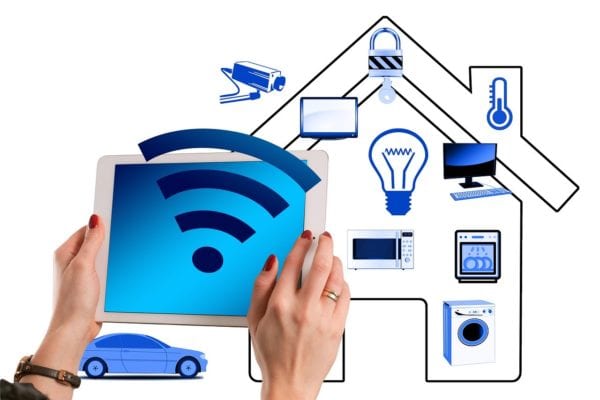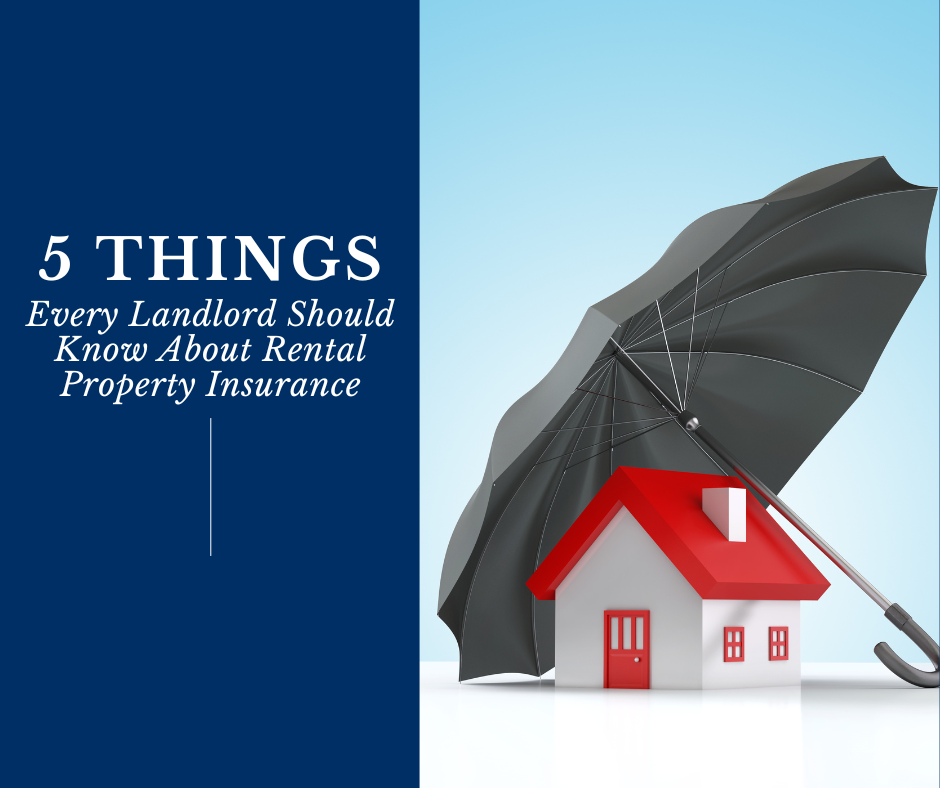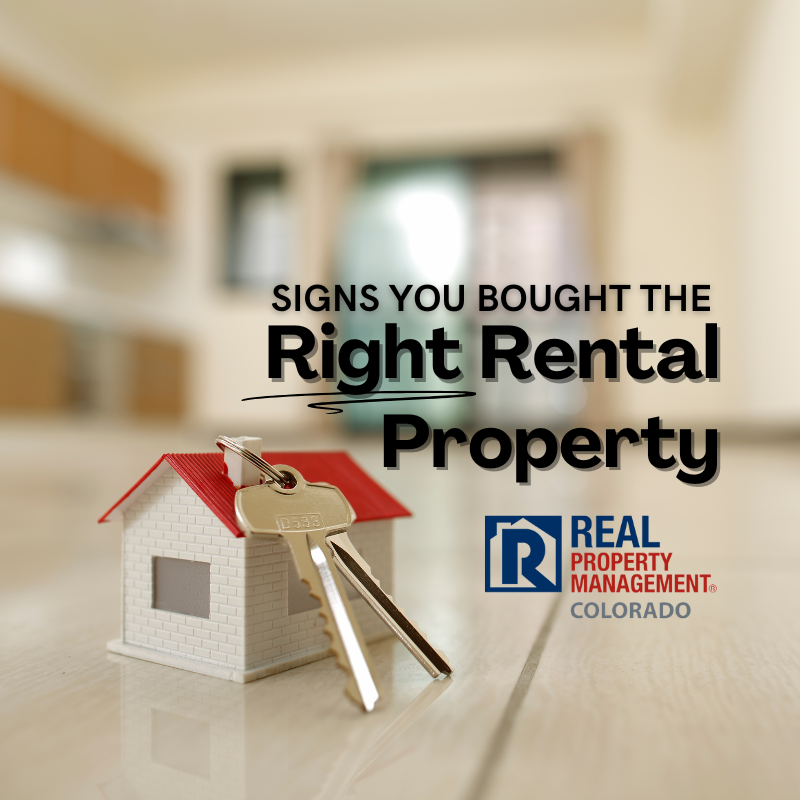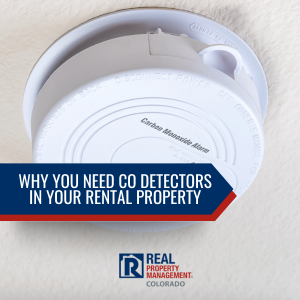Technology has quickly become an exponential part of our lives. The use of smart technology in our homes, from video security systems to doors that unlock when your cell comes within range, is quickly rising. But does the wide array of smart tech have a place in long-term rental properties? Before you decide to install all of the latest devices, let’s take a look at a few pros and cons of adding smart tech in your rental.
Choosing What Matters Most
The first thing to consider when looking at installing smart tech in your rental is what exactly matters to tenants. Because most smart tech devices come with a high upfront cost, you want to choose ones that will pay off and will attract potential tenants. According to data from Software Advice, tenants care more for devices that offer better security or better energy or monetary savings, such as smart thermostats that help reduce energy costs and security systems to help protect their belongings. With that in mind, buying the fancy smart fridge that lets you see what’s inside without opening the door may not be as profitable.
Pros and Cons of Smart Tech in Your Rental
Now that we know tenants lean more towards tech that provides better security and energy/money savings, let’s go over the pros and cons of installing smart tech that checks those boxes.
Security Systems
Tenants want to feel safe in the place they call home. Likewise, landlords and real estate investors want to know that their biggest asset as well as their tenants are safe and secure. This is where installing automated security systems or video monitoring can be a big selling point. Security cameras and automated lighting placed strategically outside the home can help to fend off burglars as well as catch potential issues, such as leaks, before they cause significant damage to the property. Doorbell and driveway cameras are also gaining popularity, allowing tenants to check who’s at the door from their smartphones, whether they’re home or not.
On the flip side, video surveillance and monitoring can be a huge turn-off. No one wants to feel like their privacy is being invaded and the idea of someone watching them at all hours of the day does just that. Wireless security systems can also pick up feedback, leading to false alarms, and can be vulnerable to hackers, so be sure to take every precaution when installing these devices. Be sure to check all local privacy laws prior to installing these devices and discuss options with your tenant.
Smart Locks
Smart locks offer an easy transition between tenants along with an added level of security without having to pay for a lock change by allowing landlords and property managers to simply change the door code. Another option that allows you to change the locks in seconds without hiring a locksmith are “Smart Key” locks. Installing smart locks and utilizing remote access technology also make showing the property or letting vendors in to complete repairs that much easier.
The biggest con when it comes to smart locks is the up-front cost. Prices and functionality vary, with low-cost options starting around $150, but when you take into consideration the number of times you’ll have to change the locks between tenants, it can quickly pay for itself. Most tenants are fine with just the basic models, so there’s no need to shell out for the top-of-the-line features.
Smart Thermostats
Smart thermostats are one of the best investments for both landlords and tenants, saving money for both sides. They’re energy-efficient, allowing tenants to save anywhere between 10-15% on heating and energy bills. They’re also relatively easy to install and even provide benefits on vacant homes by allowing landlords and property managers to monitor and adjust the temperatures remotely.
The cons for smart thermostats aren’t many, with many affordable options available to neutralize the high up-front costs. Smart thermostats can also be confusing for some tenants, but this can be solved with proper education and keeping manuals or written instructions handy.
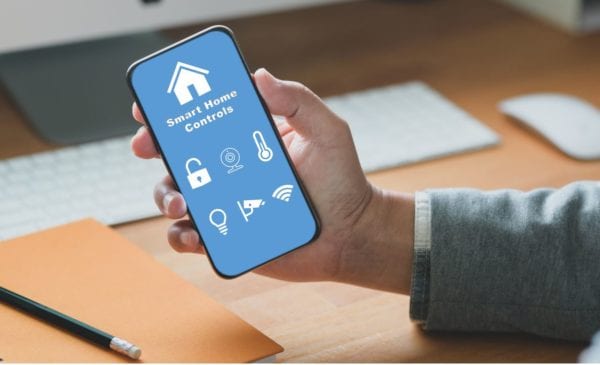
As our world progresses and new technologies become available, smart tech will continue to evolve, adding new levels of convenience and security for our homes. Whether or not to add them to your rental property will depend upon the cost to install and maintain, as well as how your tenants utilize and respond to certain features.


